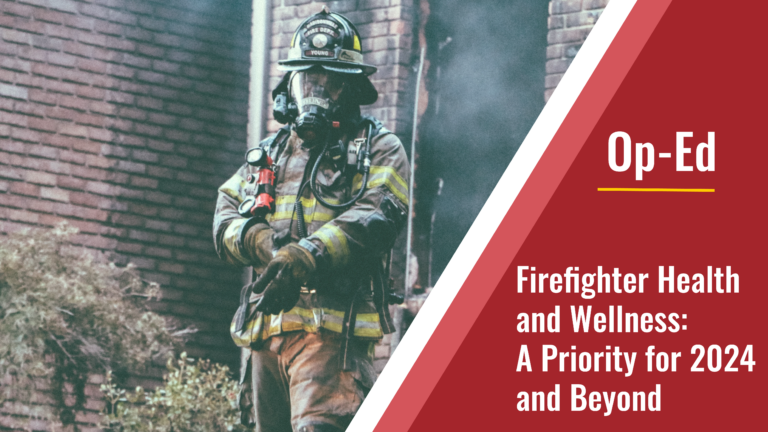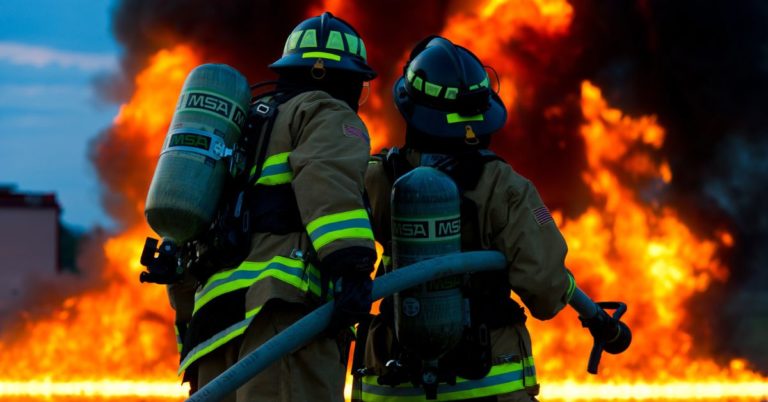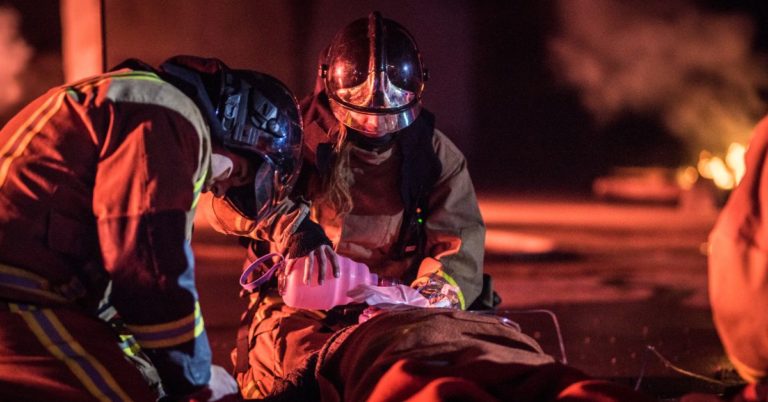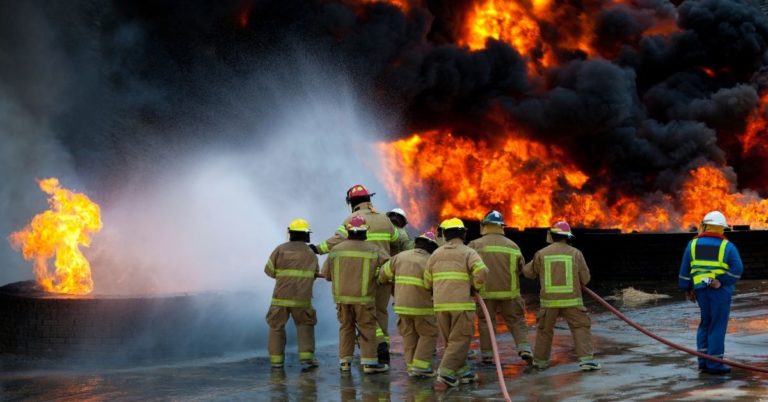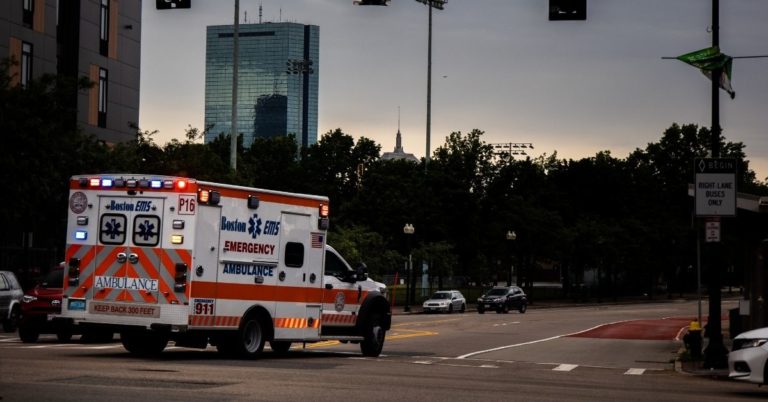The opioid crisis in the United States has turned into an all-out epidemic, and America’s firefighters are on the front lines in the war against these devastating drugs. Their weapon against opioid overdoses is a life-saving drug known as Narcan which can quite literally bring a person back from the brink of a deadly opioid overdose. Here’s what you need to know about this life-saving medication and the rules and regulations surrounding it.
What is Narcan and who can use it?
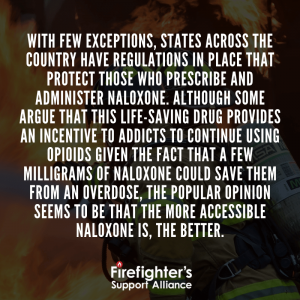
Narcan (naloxone HCI) is a nasal spray used to reverse the effects of high levels of opioids and can reverse deadly overdoses. According to its website, Narcan, “counteracts the life-threatening effects of an opioid overdose. Since most accidental overdoses occur in a home setting, it was developed for first responders, as well as family, friends, and caregivers—with no medical training required.”
Anyone can purchase Narcan at their local pharmacy without a prescription from a doctor. Opioid overdoses can happen anywhere which is why the drug is available not only for first responders, but for families and friends who fear their loved one is at risk of overdosing on opioids.
State regulations on Narcan Distribution and Administration
Rules and regulations surrounding dispensement and administration of naloxone vary by state. Fortunately, most states allow any citizen to receive naloxone without a prescription from a doctor. In 36 states, pharmacists are immune from prosecution or professional sanctions for prescribing naloxone to a layperson. Those same 36 states do not have requirements for naloxone administration training. Those who administer naloxone, whether they be a first responder or private citizen, are largely immune from criminal liability when administering the drug. In total, 38 states provide criminal immunity for laypersons who administer naloxone to someone suffering from opioid overdose.
With few exceptions, states across the country have regulations in place that protect those who prescribe and administer naloxone. Although some argue that this life-saving drug provides an incentive to addicts to continue using opioids given the fact that a few milligrams of naloxone could save them from an overdose, the popular opinion seems to be that the more accessible naloxone is, the better.

